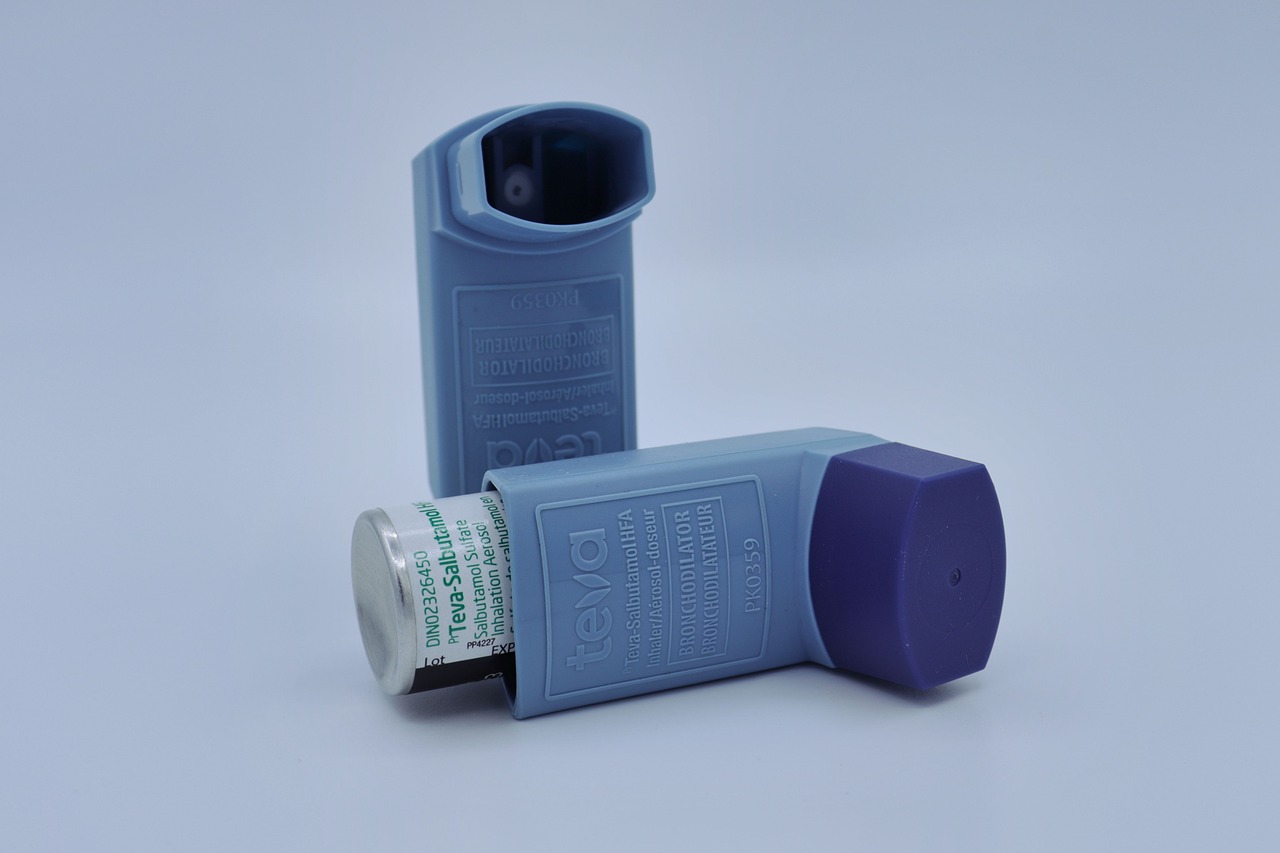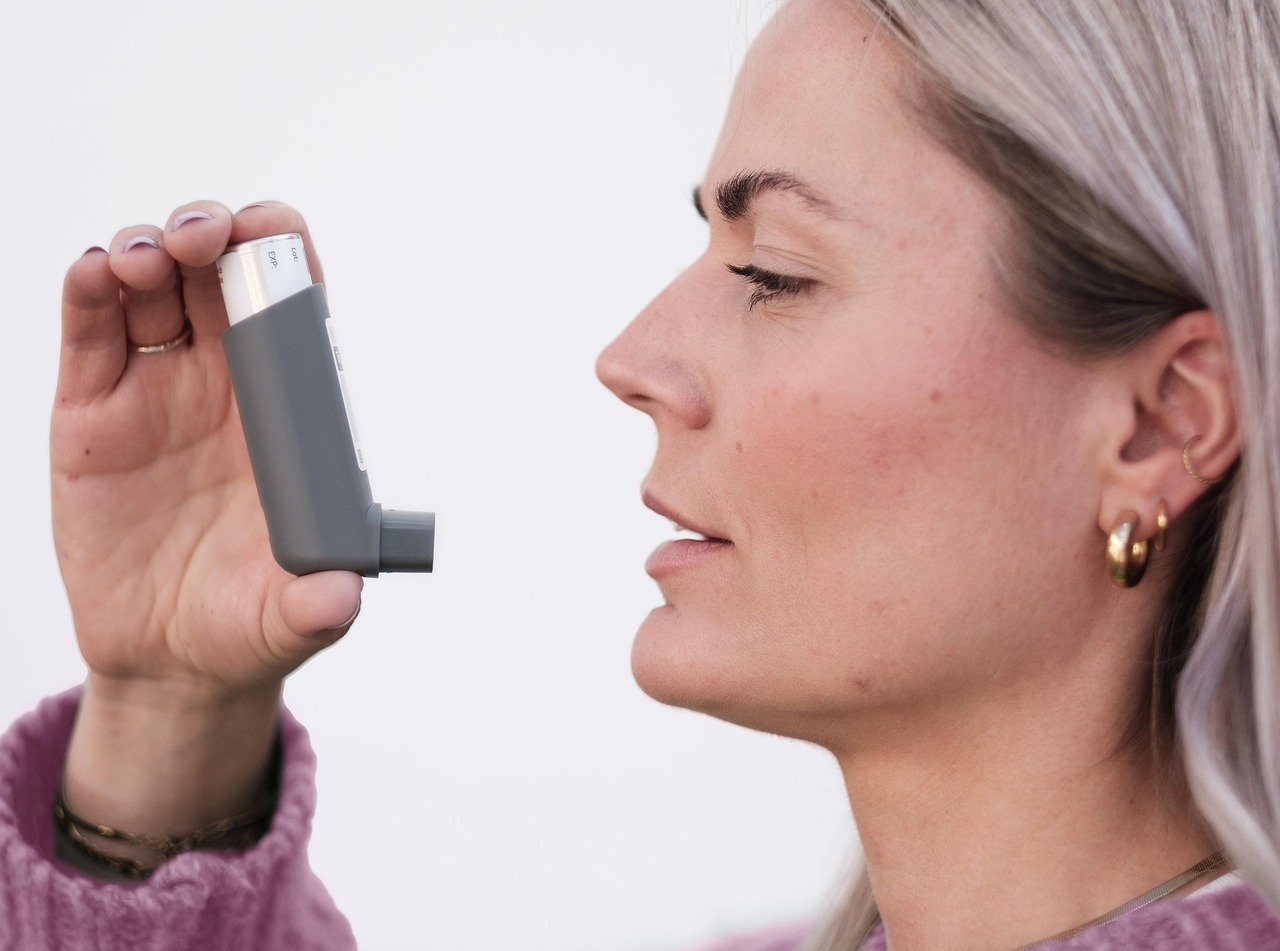Staying active with asthma might seem challenging, but the right approach can make a big difference. This article explores whether people with asthma can safely exercise and highlights breathing techniques that may help. We’ll also cover the role exercise plays in managing asthma and share the best types of activities for those with the condition.
Can people with asthma exercise?
Asthma can be a trigger for asthma-related symptoms, and for this reason, many asthmatics will avoid exercise in the fear that it will worsen their condition or induce an asthma attack. However, this should not be a reason for asthmatics to avoid exercise; in fact, many top athletes have asthma, and good management of your symptoms will allow you to build a healthy lifestyle that incorporates exercise.
Can exercising help asthma?
While some people may avoid exercising to prevent asthma-related symptoms, exercising can actually help improve asthma management.
Some benefits of exercise for people with asthma include:
- Improved lung capacity: The more you work out, the more your lungs get used to consuming oxygen. This decreases how hard your body must work to breathe daily.
- Increased endurance and energy levels: Over time, working out can help your airways build up tolerance to exercise. This makes it easier for your lungs to perform activities that usually make you winded, like walking up stairs.
- Strengthened respiratory muscles: When your muscles are strong, the body functions more efficiently during everyday activities.
- Reduced airway inflammation over time: Though asthma inflames the airways, regular exercise can actually decrease inflammation. It works by reducing inflammatory proteins, which improves how your airways respond to exercise.
- Better immune system support
- Lower stress levels, which can help prevent flare-ups
- Enhanced overall mood and mental health
With the right approach and support, exercise can be a key part of managing asthma.
Breathing exercises for asthma
Breathlessness is a common symptom of asthma. However, taking a few minutes each day to do some simple breathing exercises can help you manage this symptom. These techniques can open up your airways, bring fresh air into the lungs and reduce the effort it takes to breathe.
Diaphragmatic breathing
Diaphragmatic breathing is a type of deep belly breathing. It helps you use your diaphragm properly rather than relying on shallow chest breathing.
How to do it:
- Sit or lie down in a comfortable position.
- Place one hand on your chest and the other on your stomach.
- Inhale slowly through your nose, allowing your stomach (not your chest) to rise.
- Exhale gently through your mouth.
Nasal breathing
Nasal breathing encourages you to breathe in through your nose rather than your mouth. This warms, filters, and humidifies the air, which can reduce irritation in the airways.
How to do it:
- Close your mouth and inhale slowly through your nose.
- Try to keep your breathing light and quiet.
- Exhale naturally through your nose or mouth, whichever feels more comfortable.
Pursed-lip breathing
Pursed-lip breathing slows your breathing down and helps keep your airways open longer, making it easier to move air in and out.
How to do it:
- Inhale slowly through your nose for about two seconds.
- Purse your lips as if you’re going to blow out a candle.
- Exhale gently through your pursed lips for about four seconds.
- Focus on making your exhale longer than your inhale.
These breathing exercises can be a great way to help open up your airways, but the most effective way to manage your asthma symptoms, especially during exercise, is to take your medications as directed by your doctor.
Best exercises for asthma sufferers
In general, the best exercises for people with asthma are those that involve short bursts of effort. Gentle, low-intensity activities are also a great choice, as they don’t put too much strain on your lungs and are less likely to trigger symptoms.
Swimming
Swimming is one of the most recommended exercises for people with asthma. If you do add this to your cardio routine, be sure to avoid pools with a high level of chlorine as chemicals may cause chest tightness; instead, opt for water-salt pools.
Walking
As a low-intensity activity, walking is another great form of exercise for asthma sufferers. Walking is gentle on the body, which makes it easier to breathe. For the most comfortable experience, only walk outside when it’s warm because dry, cool air can trigger or worsen your symptoms.
Hiking
Another option is to enjoy a gentle hike. Choose a trail that’s relatively flat or has a slow, steady incline. If you have allergies, check the local pollen count before hiking and only hike if pollen levels are low.
Recreational biking
If you have exercise-induced bronchoconstriction (EIB), try biking at a leisurely pace, as this will be a gentle activity that doesn’t involve constant exertion.
Team sports
Group activities and team sports can also be a great way for those with asthma to balance exercise with social activities. The following group activities are good exercises for those with asthma as they involve intermittent breaks, which are gentler on the lungs.
- Baseball
- Gymnastics
- Volleyball
- Golf
- Football
Tips for staying active with asthma
Staying active is good for both your body and your mind. Having asthma doesn’t mean you can’t exercise. With the right diagnosis and treatment, you should be able to enjoy all the benefits of staying active without triggering your symptoms.
If you have asthma, speak to your doctor before starting a new exercise routine to make sure it’s suitable for you. They’ll be able to give you personalised advice, but some general tips include:
- If your asthma action plan recommends it, always take your pre-exercise asthma medicine (usually an inhaled bronchodilator) before you start.
- Warm up before you exercise and make sure to cool down afterwards.
- If it’s cold outside, try working out indoors or wear a scarf or mask over your mouth and nose.
- If you have allergic asthma, avoid exercising outdoors when pollen or other allergens are high.
- If you’ve got a viral infection like a cold, take it easy and limit how much you work out.
- Exercise at a level that feels right for you.
Take part in an asthma clinical trial with FluCamp
At FluCamp, we know that asthma can be a debilitating illness. Not only does it come with its own symptoms, but if you have asthma, it can also mean that you suffer from other illnesses, such as a common cold, more severely than those without asthma.
We conduct asthma clinical trials to understand how the common cold impacts asthmatics. Our research helps discover new medications and treatments that can either reduce the severity of asthma attacks and their symptoms or stop them before they even start. Find out more about our asthma clinical trials or sign up today to take part in a trial.
Sources
https://www.womenshealthmag.com/uk/fitness/a40105186/exercise-for-asthma/ (accessed April 2025)
https://www.healthline.com/health/asthma/exercise-for-asthma#best-exercises (accessed April 2025)
https://www.asthmaandlung.org.uk/living-with/keeping-active (accessed April 2025)
https://www.webmd.com/asthma/exercising-asthma (accessed April 2025)
https://www.betterhealth.vic.gov.au/health/conditionsandtreatments/asthma-and-exercise (accessed April 2025)
https://asthma.ca/get-help/living-with-asthma/exercising-asthma/ (accessed April 2025)















